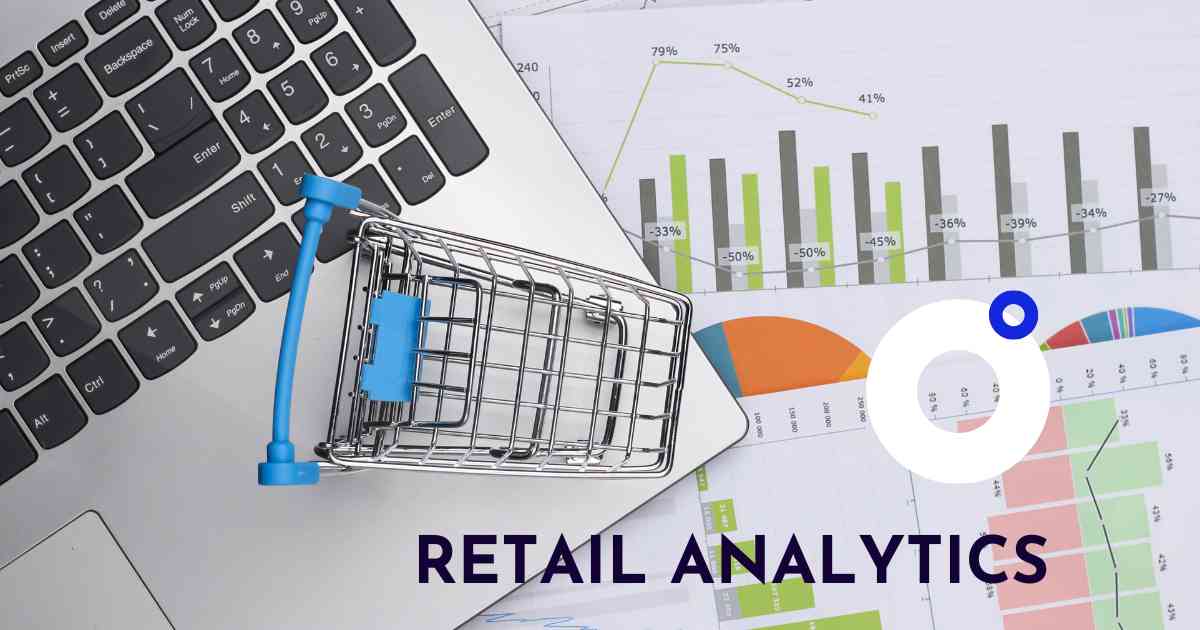The Future of Retail Analytics: From Omnichannel to Unified Commerce

Today , retailers are striving to create seamless customer experiences across every touchpoint—whether online, in-store, or on mobile devices. Unified commerce goes beyond simply integrating channels; it represents a fully connected system where data from every interaction is merged into a single view. This holistic approach empowers retailers to optimize operations, personalize customer engagement and enhance decision-making. Popular platforms like Kyvos play a crucial role in this transformation by enabling retailers to scale effortlessly and analyze massive data volumes in real time. By creating an acceleration layer on top of existing data platforms, Kyvos allows retailers to access and process enterprise-wide data, providing valuable insights into every aspect of their business, all while leveraging retail data analytics.
Understanding the Shift from Omnichannel to Unified Commerce
For years, omnichannel has been the industry standard for delivering customer experiences. In a traditional omnichannel setup, retailers manage data from various sources—such as customer profiles, transaction history, inventory and supply chain management—separately. This creates challenges in tracking customer behavior comprehensively, leading to missed opportunities for personalized engagement or operational optimization.
With unified commerce, the goal is to integrate all data streams into one cohesive system, offering retailers a 360-degree view of their customers. In this approach, retailers can view the entire customer journey, from online browsing to in-store visits and purchases. This level of data unification allows for predictive analytics, where past behaviors, preferences and trends can inform future actions. Retailers can anticipate customer needs, optimize inventory and offer personalized recommendations in real time, all supported by robust retail data analytics.
In practical terms, this means that when a customer browses a website, that information is immediately connected with their in-store activity. If they abandon an online shopping cart, a sales associate in-store can be notified and offer tailored recommendations when the customer visits. This type of data-driven approach is impossible without unified commerce, where every piece of data feeds into a central platform.
Benefits of Retail Data Analytics in Unified Commerce
Retail data analytics offers numerous benefits within the framework of unified commerce. One of the most significant advantages is the ability to deliver a personalized shopping experience. By analyzing customer data across all channels, retailers can gain deep insights into individual preferences and behaviors. This enables them to tailor marketing messages, product recommendations and promotions based on real-time data, enhancing customer satisfaction and fostering loyalty.
Furthermore, retail data analytics facilitates better inventory management and operational efficiency. With a unified view of inventory levels across all channels, retailers can make informed decisions about stock replenishment, reducing the risk of overstocking or stockouts. Predictive analytics can help retailers anticipate demand fluctuations, allowing them to optimize supply chain operations and improve their responsiveness to market changes.
In addition, integrating retail data analytics within a unified commerce strategy enhances decision-making capabilities. Retailers can quickly access comprehensive reports and dashboards that consolidate key performance indicators from various business areas, such as sales, marketing and customer service. This data-driven approach empowers executives and managers to make strategic decisions backed by actionable insights, ultimately driving growth and profitability.
Lastly, the ability to track and analyze customer interactions across all touchpoints enables retailers to identify trends and patterns that inform future business strategies. By leveraging these insights, retailers can stay ahead of the competition, adapt to changing consumer behaviors and create innovative solutions that address emerging market needs.
The Future of Unified Commerce: What to Expect
The future of retail analytics lies in the continued evolution toward unified commerce. As technology advances, retailers will have even more tools at their disposal to create connected, data-driven ecosystems. AI and machine learning will play an increasing role in analyzing customer data, automating inventory management and providing predictive insights.
Retailers will also focus on building more robust customer loyalty programs that are fully integrated with their unified commerce systems. With access to a single view of the customer, these programs will be able to offer more personalized rewards, dynamic pricing and exclusive offers, all based on real-time data.
Furthermore, retailers are set to expand their use of advanced analytics to predict future market trends and customer demands. Unified commerce platforms will enable more sophisticated scenario planning, helping retailers adjust to market fluctuations, customer preferences and supply chain disruptions with agility and precision.
Conclusion
The shift from omnichannel to unified commerce represents the next frontier in retail data analytics. By consolidating all customer interactions into a single, integrated platform, retailers can gain unprecedented insights into customer behavior, streamline operations and deliver more personalized experiences. As platforms like Kyvos continue to enhance retailers’ ability to analyze vast amounts of data quickly and efficiently, the goal of a fully unified commerce ecosystem is closer than ever. For retailers looking to stay ahead in a competitive market, embracing unified commerce is no longer optional—it’s essential.
